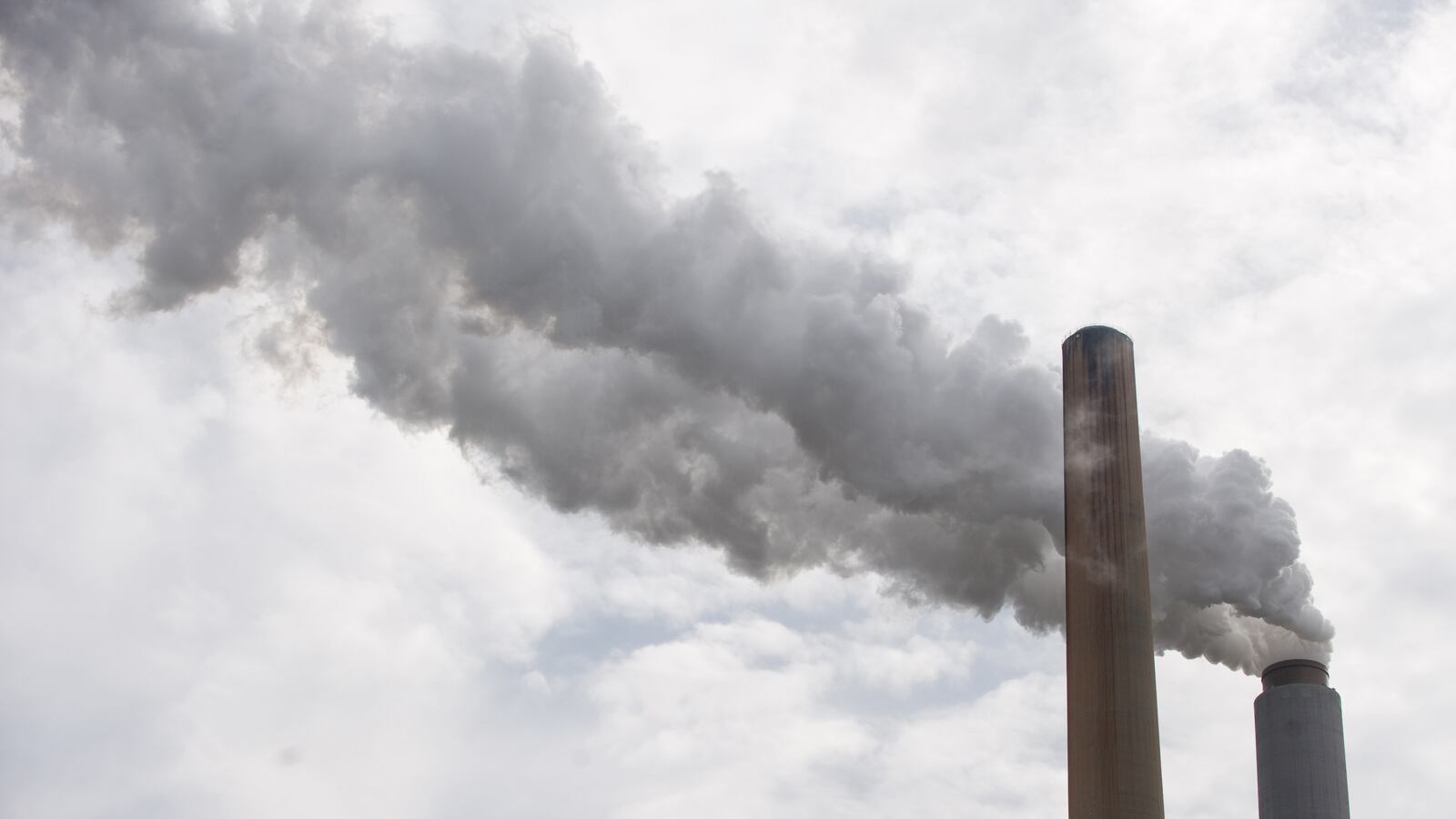
My CNN column calls for a carbon tax:
Global emissions of carbon dioxide hit a record high in 2011, scientists from the Global Carbon Project reported last week.
Another record is expected in 2012.
The earth continues to warm, and to warm fast, with serious consequences for human life and welfare. 2012 saw the worst drought in the United States in half a century. Russia suffered its second bad drought in three years. Climatic shocks to these two countries are raising food prices worldwide, posing an especially acute threat to the world's poorest. Major storm events strike harder and more often, because warming oceans create conditions for fiercer hurricanes.
The New York Times reported Friday:
"Emissions continue to grow so rapidly that an international goal of limiting the ultimate warming of the planet to 3.6 degrees, established three years ago, is on the verge of becoming unattainable."
This ominous news arrives as delegates gather in Doha, Qatar, for the latest annual round of climate talks sponsored by the United Nations. Few expect the Doha talks to produce much decision.
Yet there is good news on the environmental front, important news.Carbon emissions in the United States have declined since 2009 -- not emissions per person (those have been declining for decades), but emissions in absolute terms. The weak economy explains part of the decline, but the real hero of the story is the natural gas fracking revolution.
A decade ago, half of all the electricity generated in the United States was generated by burning coal, the most carbon-dense fuel of them all. Today, coal's share of the electricity mix has plunged to one-third, as utilities substitute cheap natural gas. Gas production has become much cheaper with the growth of fracking -- forcing open rocks by injecting fluid into cracks. Gas emits about half as much carbon per unit of energy as coal.
Environmentalists have responded warily to the advent of gas. They prefer zero-emissions power sources like wind and solar -- sources made more uncompetitive than ever by ultracheap natural gas. (Today's price: about $3.50 per thousand cubic feet, down about 70% from the prices of the mid-2000s.)
Moreover, natural gas does little (as yet) to address emissions from automobile tailpipes.
But maybe there's a way to cheer environmentalists up. Take three worrying long-term challenges: climate change, the weak economic recovery, and America's chronic budget deficits. Combine them into one. And suddenly three tough problems become one attractive solution.
Tax carbon. A tax of $20 a ton, rising at a rate of 4% per year, would over the next decade raise $1.5 trillion, according to an important new study from the Massachusetts Institute of Technology. That $1.5 trillion is almost twice as much as would be recouped to the Treasury by allowing the expiration of all Bush-era tax cuts for upper-income taxpayers.
The revenues from a carbon tax could be used to reduce the deficit while also extending new forms of payroll tax relief to middle-class families, thus supporting middle-class family incomes.
Meanwhile, the shock of slowly but steadily rising prices for fuel and electricity would drive economic changes that would accelerate U.S. economic growth.






